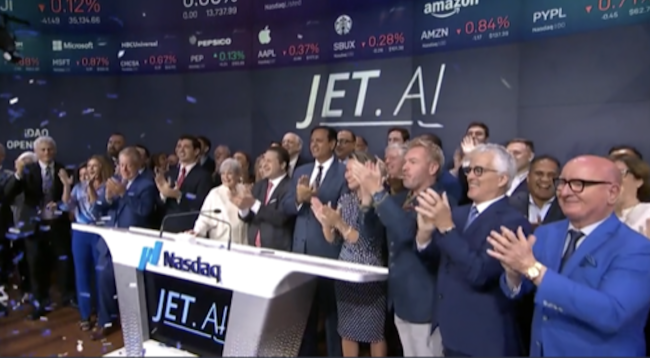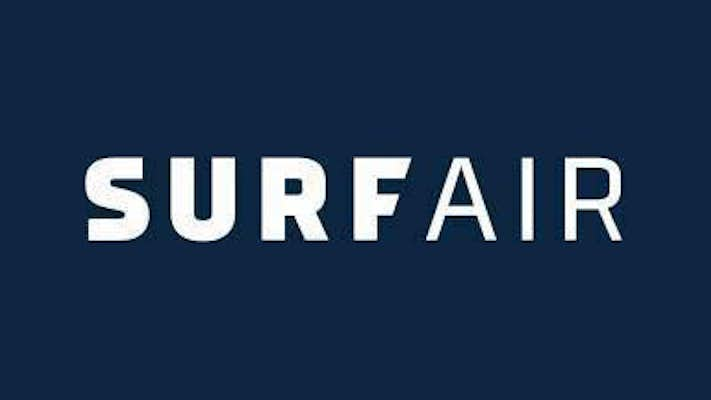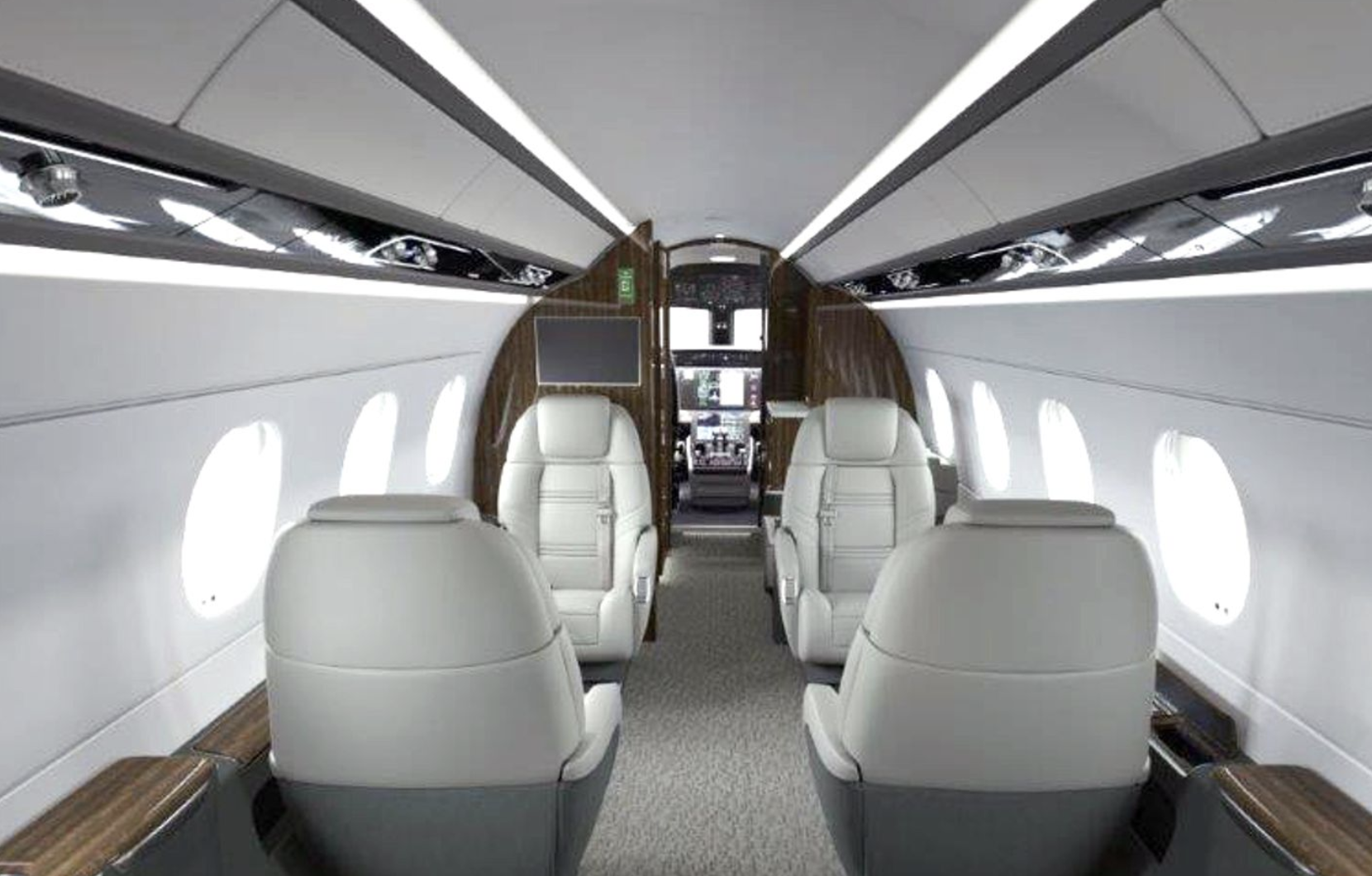Jet Token, which now goes by Jet.AI, posted mixed results in 2023.
A quartet of private aviation flight providers that went public last year (with FlyExclusive, Volato, and Surf Air), the 2021 start-up saw revenues drop from $21.8 million to $12.2 million.
However, the decline came as sales of whole aircraft and fractional shares fell from $17.2 million in 2022 to zero a year ago.
The company plans to change that by launching a Challenger 3500 fractional program as soon as it can consummate a deal with Bombardier.
Revenues from its jet card and fractional programs increased from $2.3 million to $2.8 million.
Management and other services grew to $2.2 million from $400,000.
Software and charter flights via Cirrus Aviation, a third-party Part 135 operator, increased from $2 million to $7.1 million.
Software app revenue was $3.9 million in 2023, compared to $1 million in 2022.
Cirrus Charter revenue was $3.2 million in 2023, compared to $961,000 in 2022.
An increase in jet card sales sent deferred revenue from $436,331 to $933,361 last year.
Overall, prepaid flight hours sold increased from $2.3 million to $3 million year-over-year, a 31% jump on a 21.6% increase in flight hours.
The average cost of a flight hour sold in 2023 was $5,704, up from $5,291 per hour in 2022.
However, Jet Token faced significant cost increases across a spectrum of categories, including expenses for increased pilot turnover and longer wait times for pilot training.
READ: Why private aviation’s supply chain and labor crisis isn’t going away
The result was red ink:
‘As a result of all of the above, in 2023, the Company recognized an operating loss of approximately $12.5 million, which was an increase in loss of approximately $4.8 million over 2022. $2.1 million of this decrease is directly attributable to gross profit from fractionalization of our HondaJets in 2022 that did not recur in 2023. The remainder of the decrease, excluding non-cash compensation expenses, resulted from increased pilot wages and costs, increased subcharters, increased professional services expense from the Business Combination and higher D&O insurance costs.’
At the end of last year, Jet Token said it had $2.1 million in cash and equivalents, including approximately $500,000 of restricted cash under its aircraft leasing arrangements.
Chairman Mike Winston says the company also raised $16.5 in a convertible preferred.












